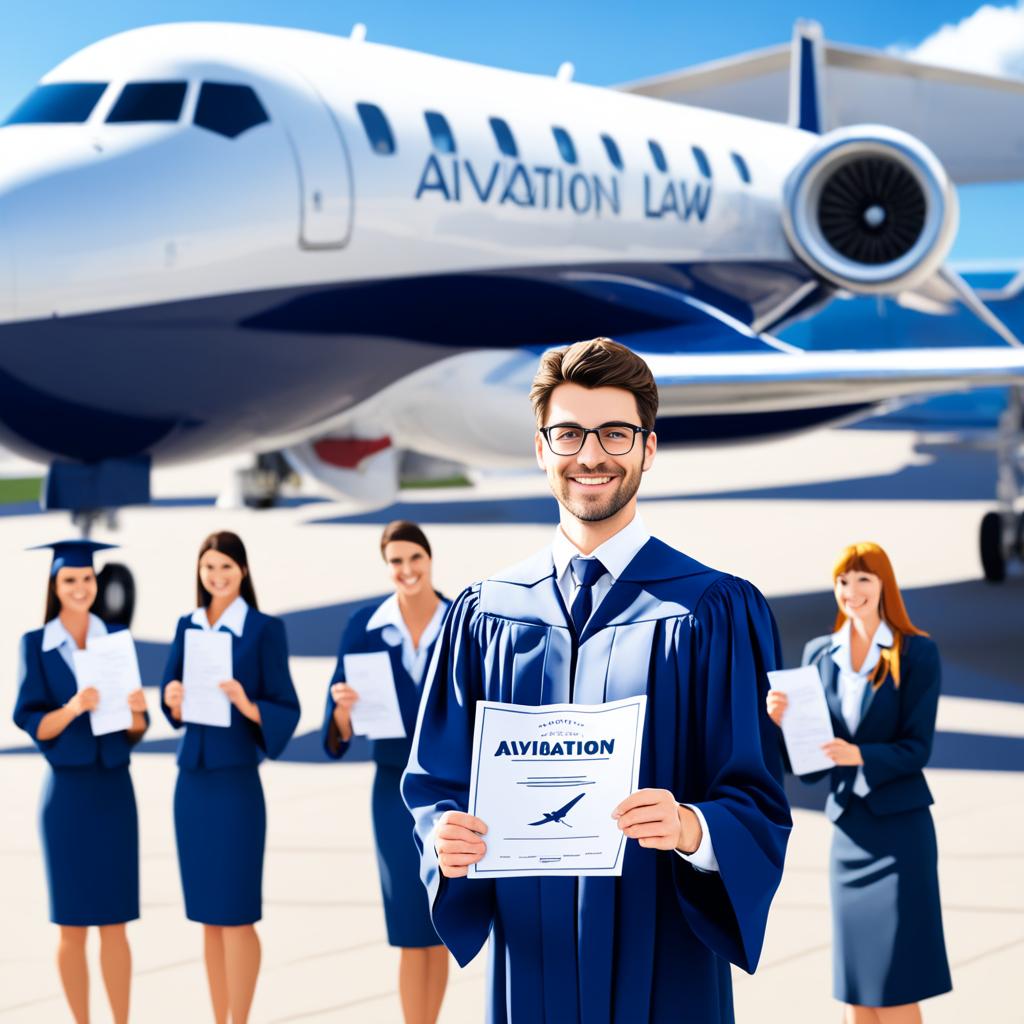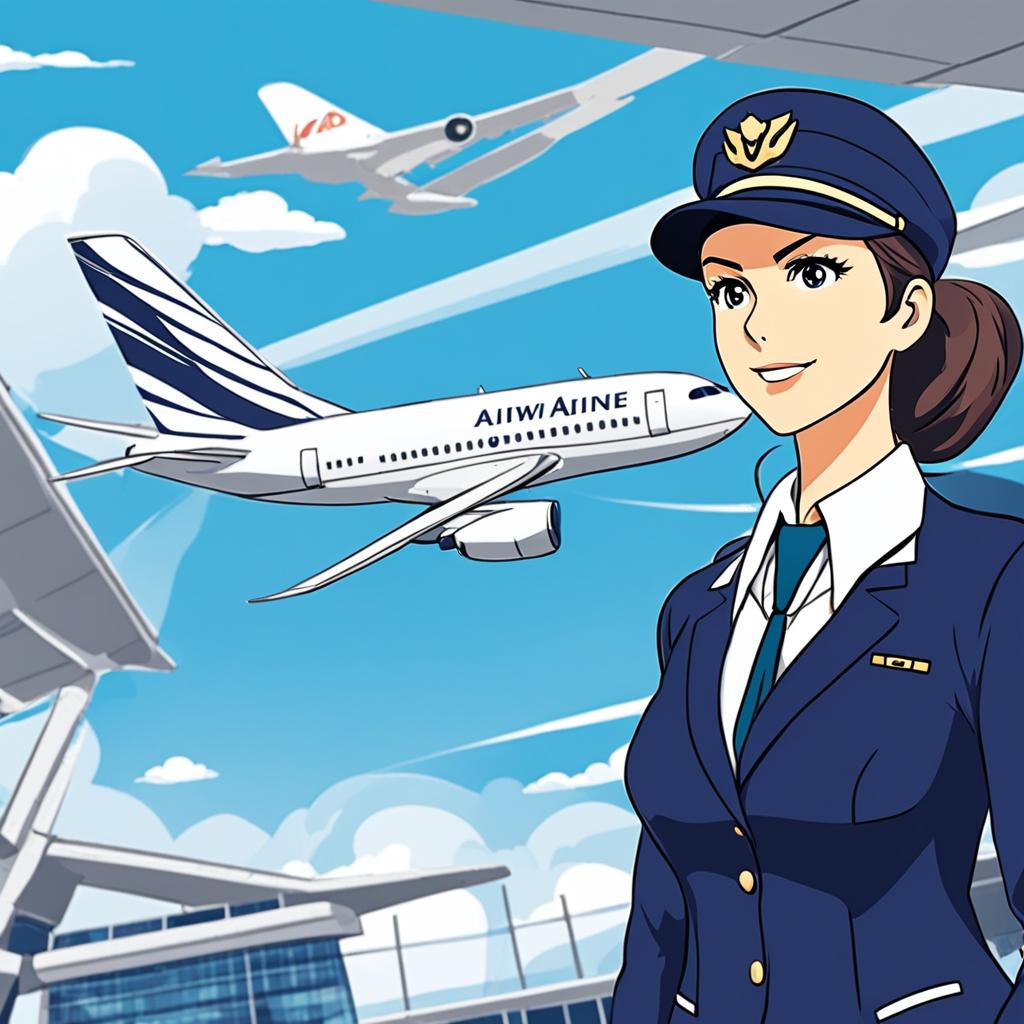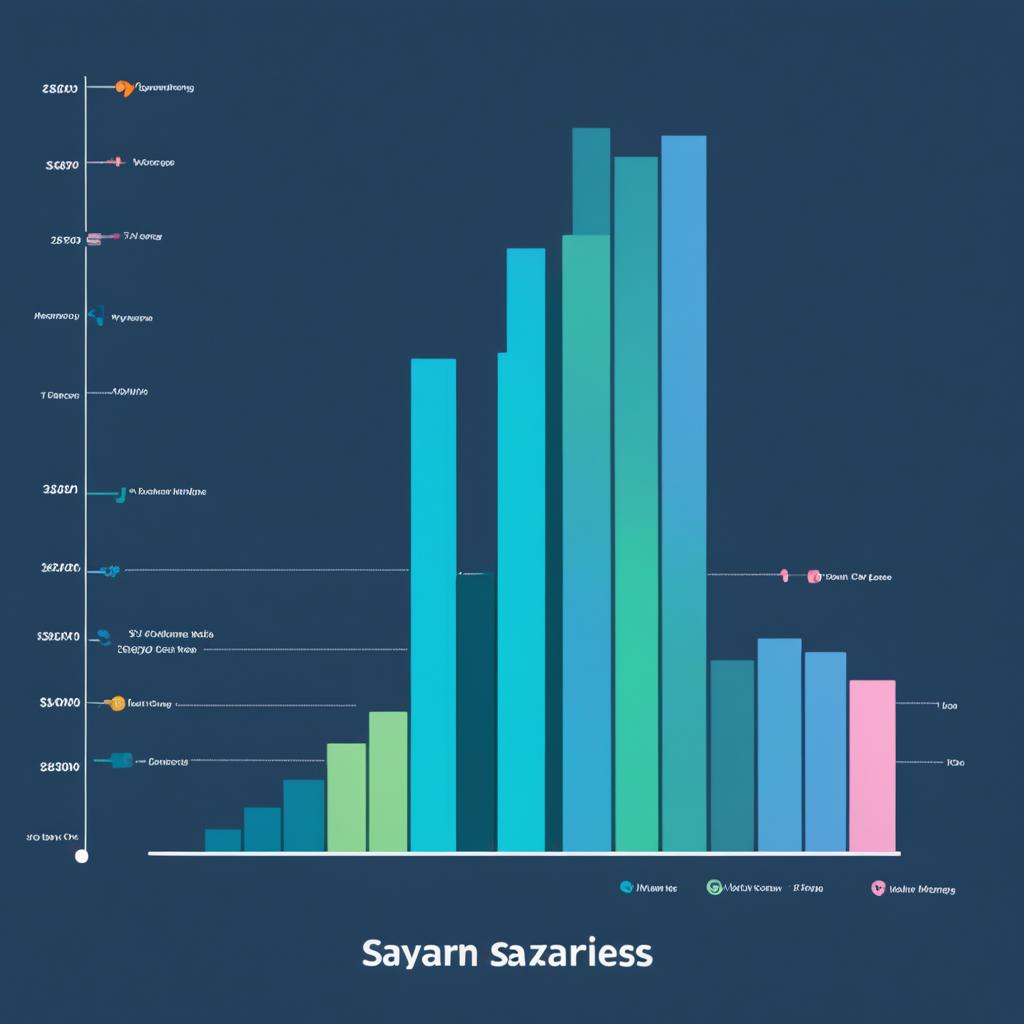Have you ever wondered how much airline lawyers earn in their profession? Well, the salary of these legal professionals is certainly nothing to scoff at. With their expertise in aviation law and their ability to handle complex cases involving aircraft accidents and flight safety, airline lawyers command a significant salary in recognition of their specialized knowledge.
According to the U.S. Bureau of Labor Statistics, the median annual salary for airline lawyers in 2020 was $126,930. But is that the whole story? Is this prestigious profession as lucrative as it seems, or are there significant variations in earnings? Let’s dive deeper into the world of airline lawyers and uncover the factors that can influence their salary.
Job Responsibilities of Airline Lawyers
As an aviation lawyer specializing in aviation accidents, your job responsibilities will revolve around investigating the circumstances surrounding an aviation accident and representing your clients in legal matters. Here are the key tasks that you can expect to undertake:
- Reviewing accident and incident reports to determine the cause of an aviation accident.
- Examining evidence such as faulty equipment, violations of FAA regulations, and pilot error to establish liability.
- Negotiating settlements with the parties responsible for the accident.
- Filing lawsuits on behalf of your clients to seek legal judgments and compensation.
- Representing clients in litigation, negotiations, and other legal proceedings.
As an aviation lawyer, you need to have in-depth knowledge of aviation laws and regulations to effectively handle aviation accident cases. Your expertise will be instrumental in ensuring that your clients receive fair and just settlements or legal outcomes. By providing legal guidance and representation, you play a crucial role in helping accident victims seek justice and recover from the devastating effects of aviation accidents.
| Responsibility | Description |
|---|---|
| Review Accident Reports | Thoroughly examine accident and incident reports to determine the cause of the aviation accident. |
| Establish Liability | Analyze evidence, such as faulty equipment and violations of FAA regulations, to establish who is responsible for the accident. |
| Negotiate Settlements | Engage in negotiations with the parties at fault to secure fair settlements for your clients. |
| File Lawsuits | Take legal action by filing lawsuits on behalf of your clients to seek legal judgments and compensation. |
| Represent Clients | Provide legal representation to clients in litigation, negotiations, and other legal proceedings. |
Education and Training Requirements

To pursue a career as an airline lawyer, you need to fulfill certain education and training requirements. This comprehensive guide will walk you through the necessary steps to become an esteemed aviation law professional.
Undergraduate Education
A solid foundation in undergraduate education is crucial for individuals aspiring to practice law. To begin your journey, you must first complete a four-year bachelor’s degree program at an accredited college or university. While there is no specific major requirement for law school, it is recommended to focus on subjects that develop critical thinking, problem-solving, and communication skills, such as political science, economics, or pre-law.
Law School
After completing your undergraduate degree, the next step is to earn a Juris Doctor (J.D.) degree from an accredited law school. Law school typically involves three years of intensive study and coursework, designed to equip you with the necessary legal knowledge and skills. During this period, you will delve into various areas of law, including constitutional law, contracts, property law, and civil procedure. Additionally, taking electives or specialized courses in aviation law or personal injury law can provide you with a solid understanding of the specific legal aspects relevant to the aviation industry.
Bar Exam and Licensure
Once you have successfully completed law school, you must pass the bar exam in the state where you wish to practice law. Each state has its own bar exam, which tests your knowledge of both federal and state law. The bar exam is a rigorous assessment of your legal expertise and requires thorough preparation. Passing the bar exam grants you a license to practice law and is a vital step in becoming an airline lawyer.
Additional Training in Aviation Law
While law school provides a comprehensive legal education, gaining additional training in aviation law can be beneficial for aspiring airline lawyers. Positions at law firms specializing in aviation law or personal injury law provide practical experience and exposure to the specific legal issues and challenges faced within the aviation industry. By working alongside experienced aviation lawyers, you can deepen your understanding of aviation regulations, accident investigation techniques, and negotiation strategies, enhancing your expertise in this specialized field.
Aviation Law as an Extension of Admiralty Law
Aviation law falls under the umbrella of admiralty law, which encompasses legal cases involving marine and aerospace activities. Admiralty law covers a wide range of legal issues, including aviation accidents, cargo disputes, pollution, and more. Understanding the fundamentals of admiralty law can further strengthen your knowledge and expertise as an airline lawyer, allowing you to navigate the intricacies of aviation law more effectively.
Education and Training Requirements Overview
| Education Level | Requirement |
|---|---|
| Undergraduate | Complete a four-year bachelor’s degree in any major |
| Law School | Earn a Juris Doctor (J.D.) degree |
| Bar Exam | Pass the bar exam in the desired state |
| Additional Training | Gain experience at firms specialized in aviation or personal injury law |
Factors Affecting Airline Lawyer Salaries
Several factors can influence the salary of airline lawyers. Understanding these factors can help you assess potential earnings in this profession.
Type of Law Practiced: The area of law that airline lawyers specialize in can impact their salaries. Different areas of law may have different salary ranges based on the demand and complexity of cases.
Size of the Law Firm: The size of the law firm can also play a role in earnings. In general, lawyers at larger firms tend to earn higher salaries compared to those at smaller firms. This is often due to the larger client base, higher-profile cases, and more resources available at bigger firms.
Location: Salaries can vary based on the regional demand for legal services. Urban areas or regions with a high concentration of aviation-related businesses may offer higher salaries compared to more rural areas.
Experience and Seniority: The level of experience and seniority within the legal profession can significantly impact salary levels. More experienced and senior lawyers, who have built a reputation and a robust client base over time, tend to earn higher salaries.
When considering a career as an airline lawyer, it is essential to take these factors into account. Keep in mind that while salary is undoubtedly an important consideration, other factors such as job satisfaction, work-life balance, and personal fulfillment should also be weighed when making career decisions.
Skills and Competencies Needed for Airline Lawyers

Airline lawyers require a set of skills and competencies to excel in their field. These skills enable them to navigate the complex world of aviation law and effectively represent their clients. Here are some key skills and competencies that airline lawyers should possess:
- Legal Research: Airline lawyers must have strong research skills to find and analyze relevant laws and regulations. Thorough research allows them to build strong legal arguments and provide sound advice to their clients.
- Professional Development: Staying updated on changes in the legal landscape is crucial for airline lawyers. They should actively participate in professional development programs, attend legal conferences, and engage in continuous learning to enhance their knowledge and expertise.
- Planning: Effective planning skills are necessary for airline lawyers to establish goals, policies, and procedures in legal matters. They need to strategize their approach to cases, anticipate potential challenges, and ensure a smooth legal process for their clients.
- Estate Planning Knowledge: Given the overlap with personal injury law, having knowledge of estate planning can be beneficial for airline lawyers. This additional expertise allows them to provide comprehensive legal guidance to clients, especially in cases involving personal injury and inheritance matters.
- Commitment to the Profession: Airline lawyers should have a strong commitment to the legal profession and the pursuit of justice. This dedication enables them to go the extra mile for their clients, work diligently on cases, and uphold the highest ethical standards.
- Strategic Decision-Making: As advocates for their clients, airline lawyers need to make strategic decisions that align with their clients’ best interests. They must carefully evaluate options, weigh potential risks and benefits, and make informed decisions that lead to favorable outcomes.
By possessing these skills and competencies, airline lawyers can effectively navigate the complexities of aviation law and provide exceptional legal representation to their clients.
Salary Insights from Specific Companies

When it comes to salary insights for airline lawyers, specific companies can provide valuable information. One such company is SOUTHWEST AIRLINES, where the average salary for an Attorney VI, which includes aviation lawyers, is $253,639 per year. However, it’s important to note that the salary range typically falls between $227,740 and $283,166. Various factors can influence the salary range, including education, certifications, additional skills, and years of experience.
To give you a better understanding, here is a table highlighting the salary insights at SOUTHWEST AIRLINES:
| Position | Salary Range |
|---|---|
| Attorney VI (Aviation Lawyer) | $227,740 – $283,166 |
Keep in mind that these figures represent the specific company and may not reflect the overall average salary for airline lawyers in the industry. However, they provide valuable insights into the earning potential at SOUTHWEST AIRLINES.
Now, let’s take a look at the hourly pay at Centerpoint Aviation Law Pllc:
| Position | Average Hourly Pay |
|---|---|
| Attorney | $59 |
These figures demonstrate the hourly pay at Centerpoint Aviation Law Pllc. Keep in mind that individual compensation may vary based on location, department, job description, experience, talents, and education.
As you can see, salary insights from specific companies like SOUTHWEST AIRLINES and Centerpoint Aviation Law Pllc can provide valuable information about the earning potential for airline lawyers.
Hourly Pay at Centerpoint Aviation Law Pllc
When considering a career as an attorney specializing in aviation law, one important factor to take into account is the hourly pay. At Centerpoint Aviation Law Pllc, the average hourly pay for an attorney is $59. However, it’s crucial to note that the exact compensation can vary depending on various factors such as location, department, and job description.
Experience, talents, and education also play a significant role in determining the wage for a specific position within the company. These factors can contribute to a higher hourly pay or the potential for growth in compensation over time. Therefore, it’s essential to carefully assess these aspects when evaluating potential salaries at law firms or companies specializing in aviation law, such as Centerpoint Aviation Law Pllc.
Centerpoint Aviation Law Pllc, renowned for its expertise in aviation law, provides a dynamic work environment where attorneys can contribute their skills and knowledge to protect the rights and interests of clients in the aviation industry. In addition to offering competitive hourly pay, Centerpoint Aviation Law Pllc also values professional growth and development, ensuring that attorneys have the opportunity to enhance their expertise and advance their legal careers.


